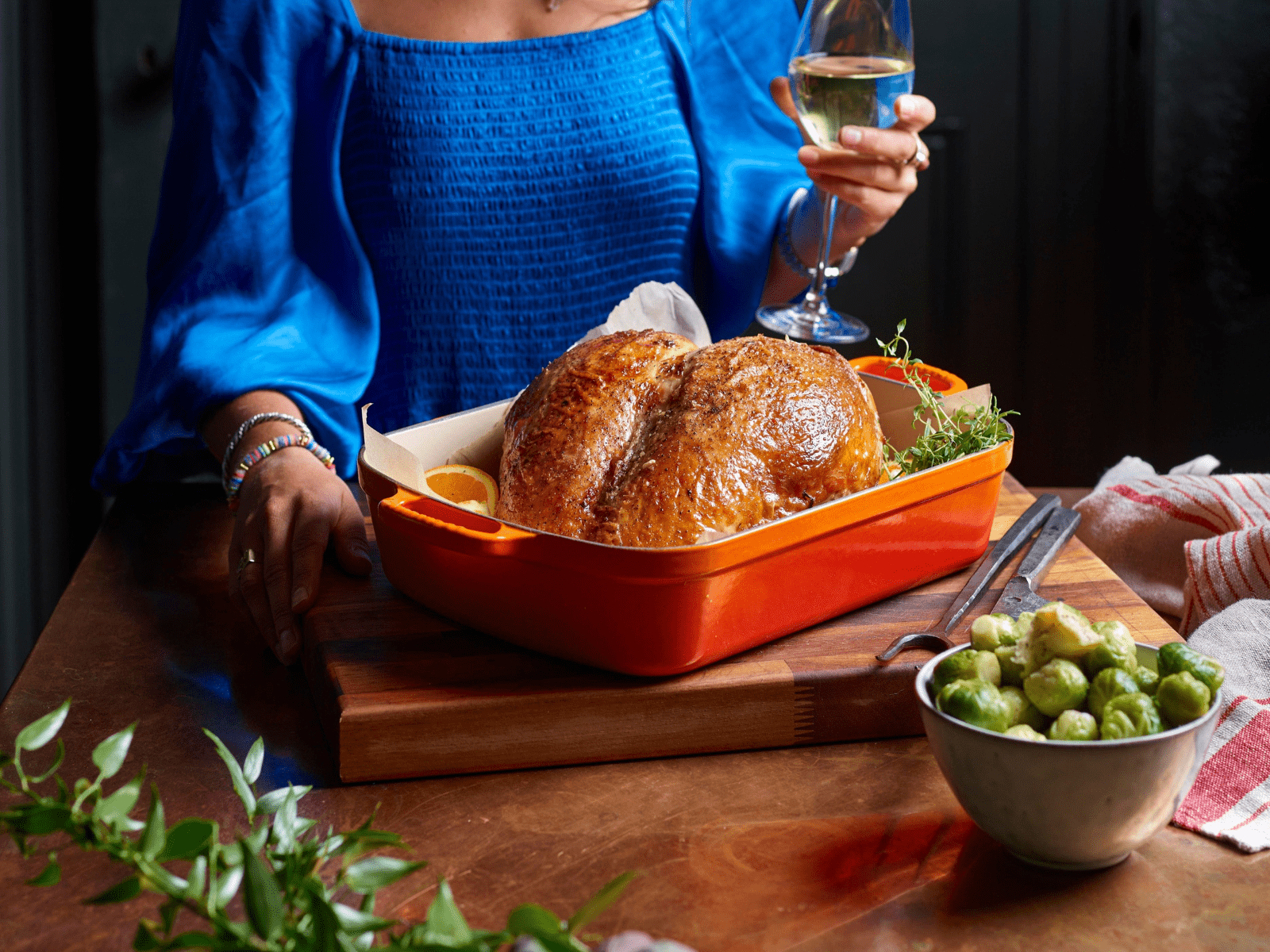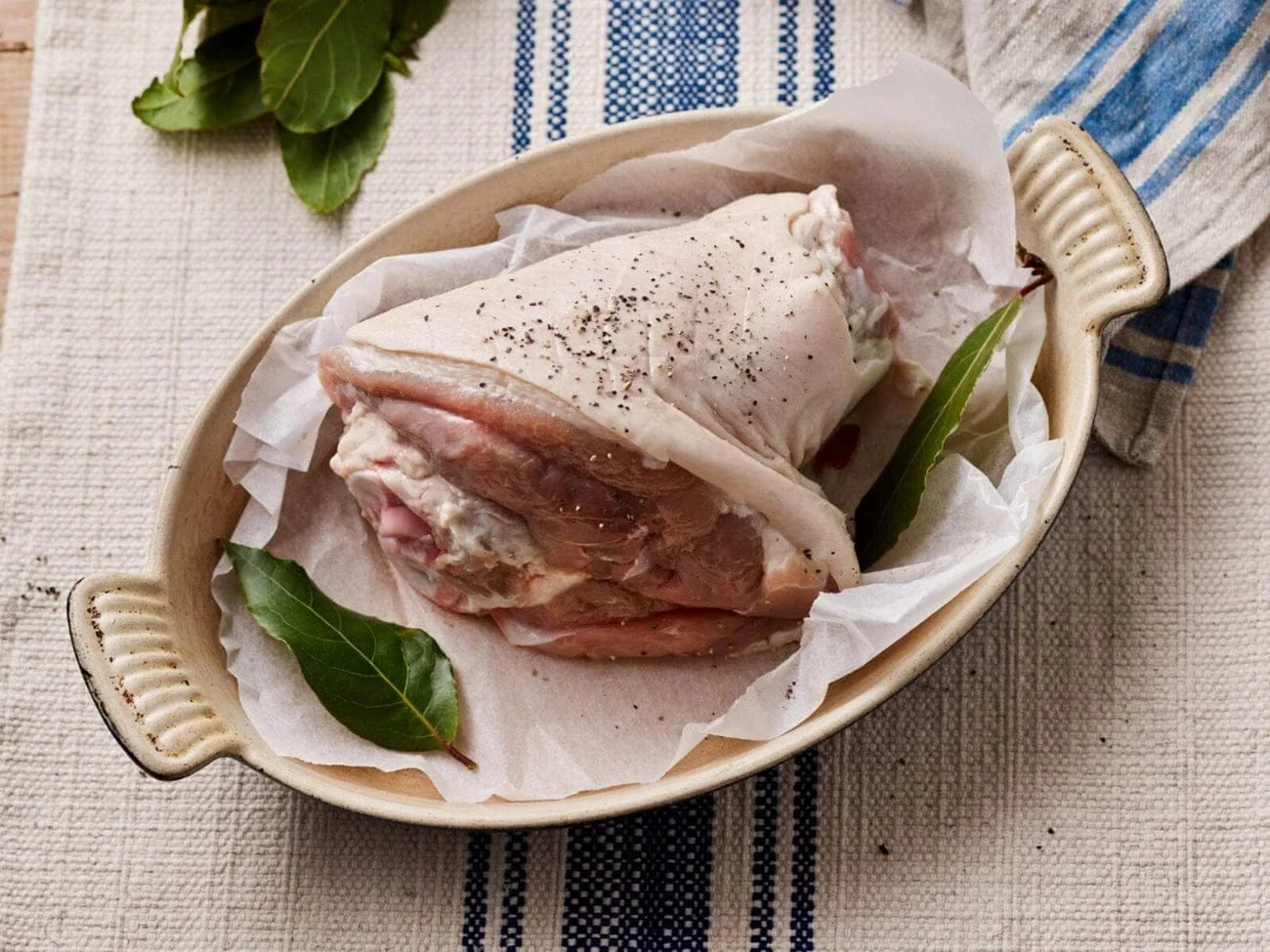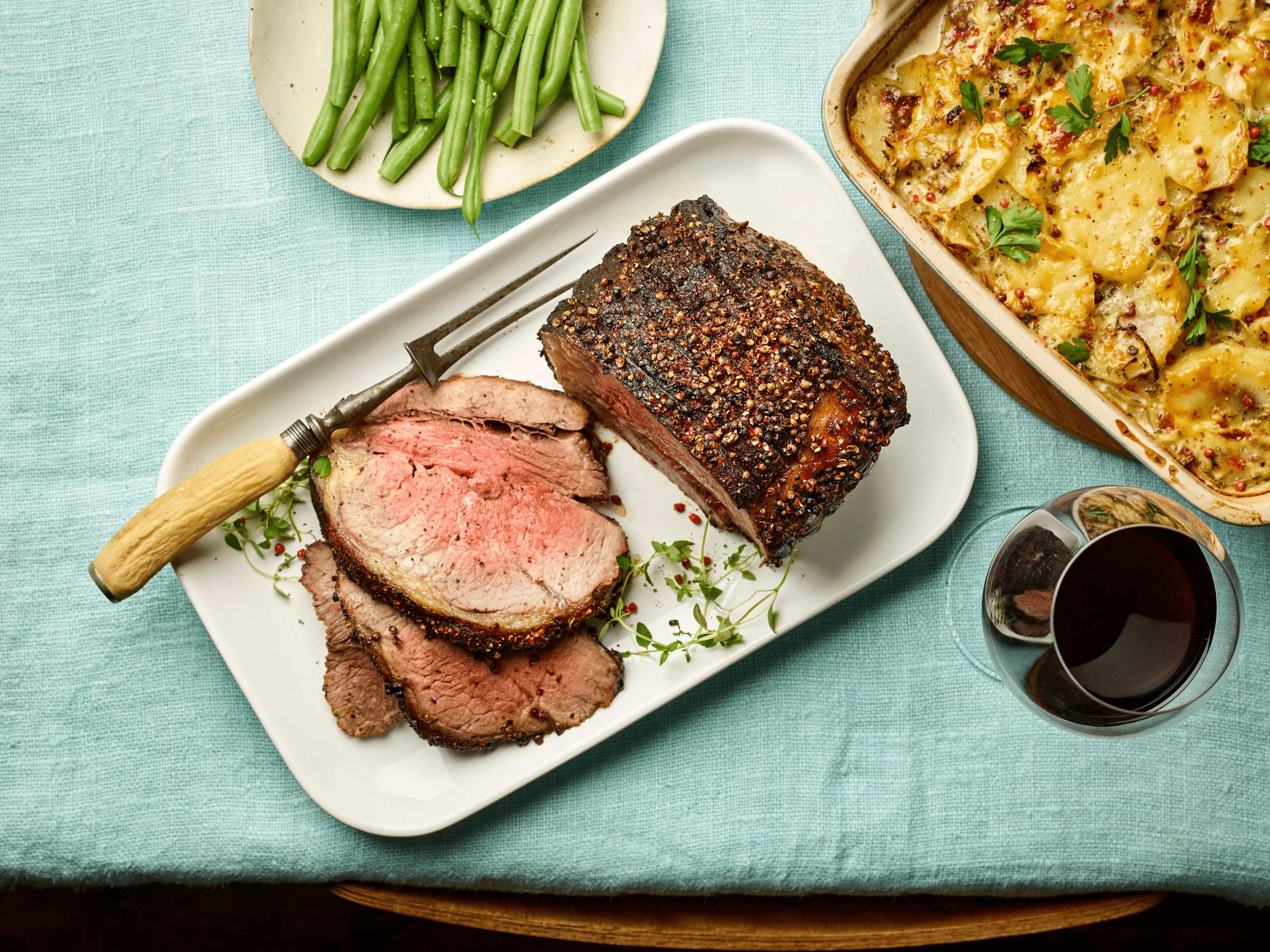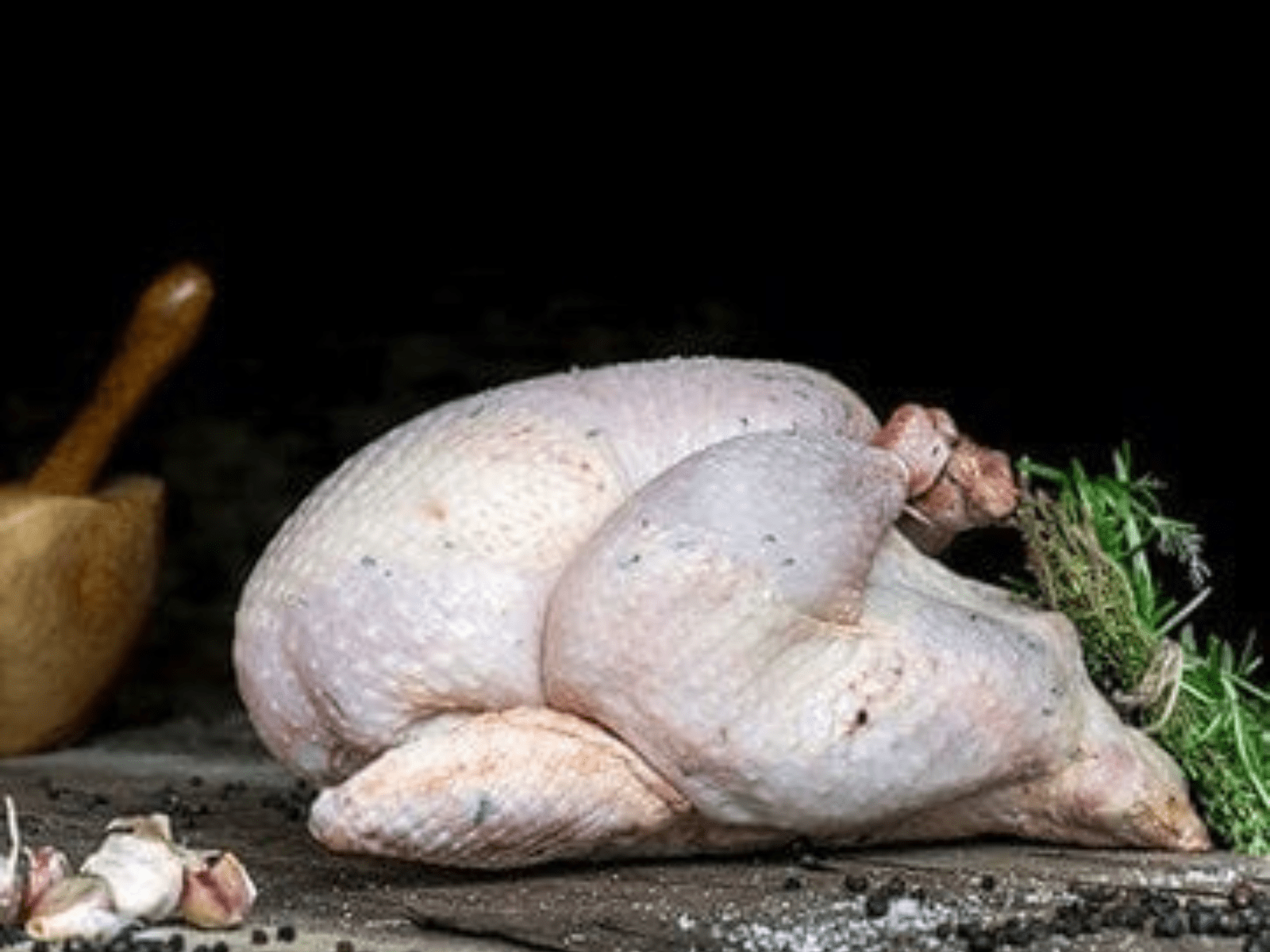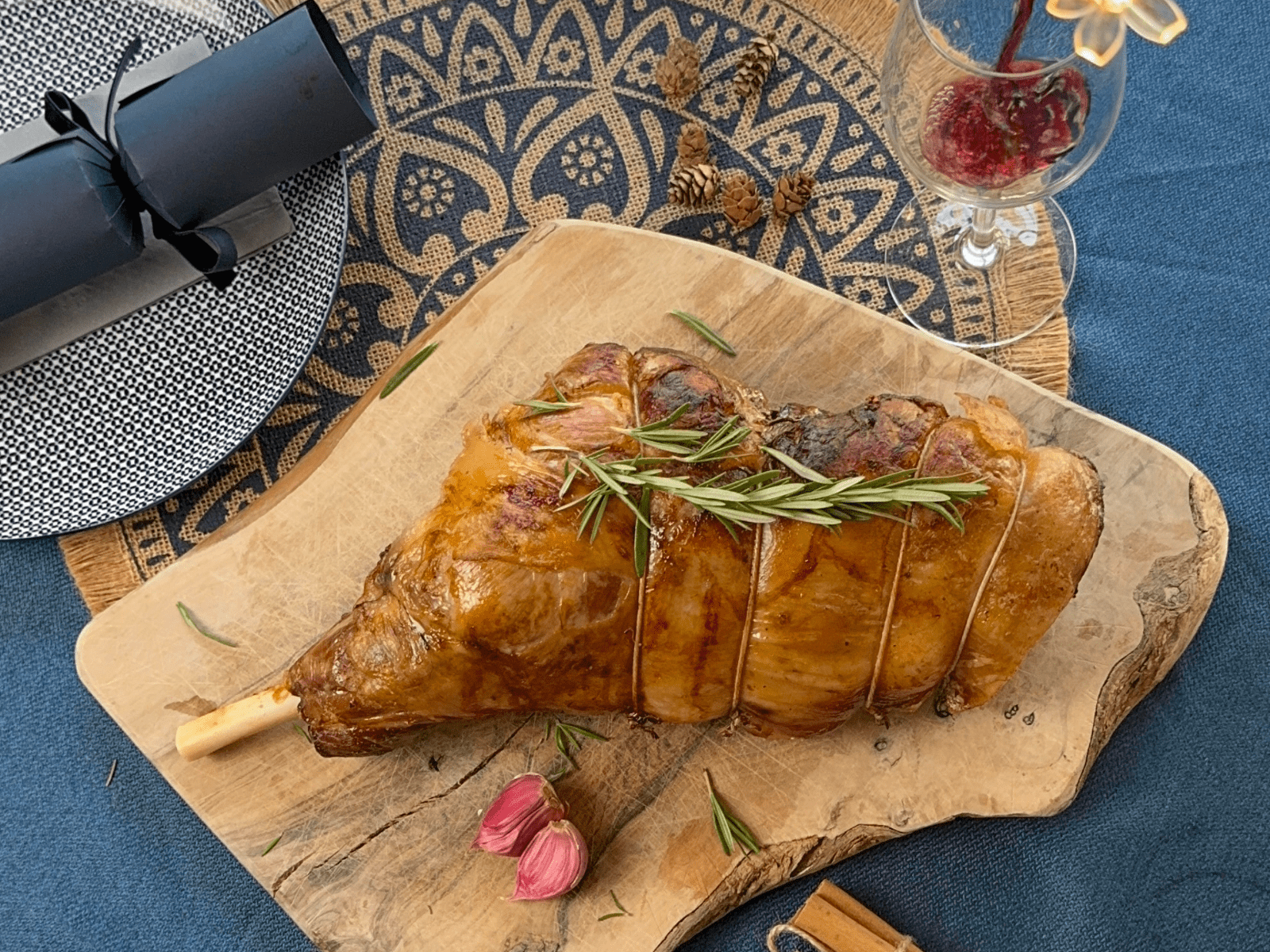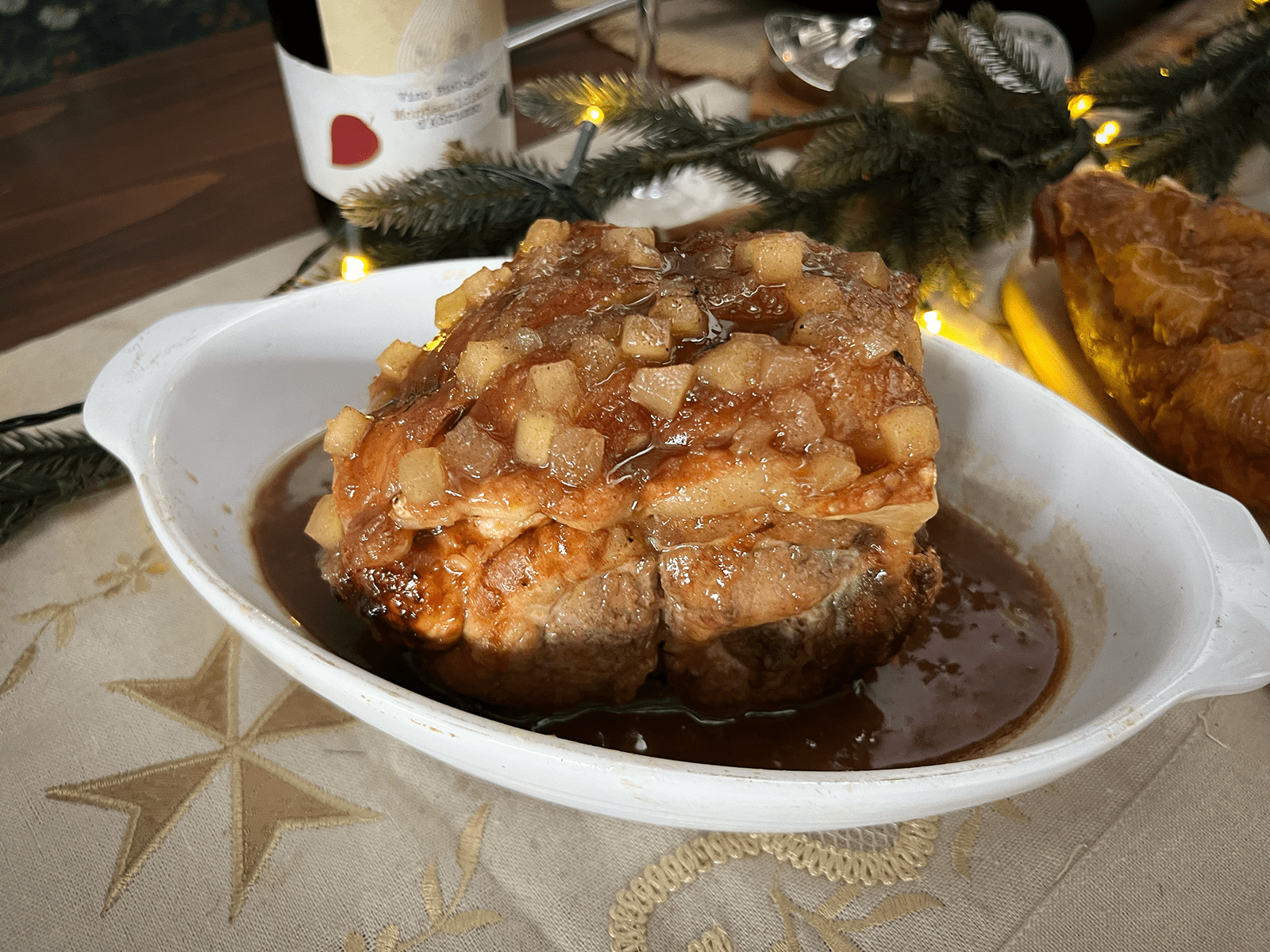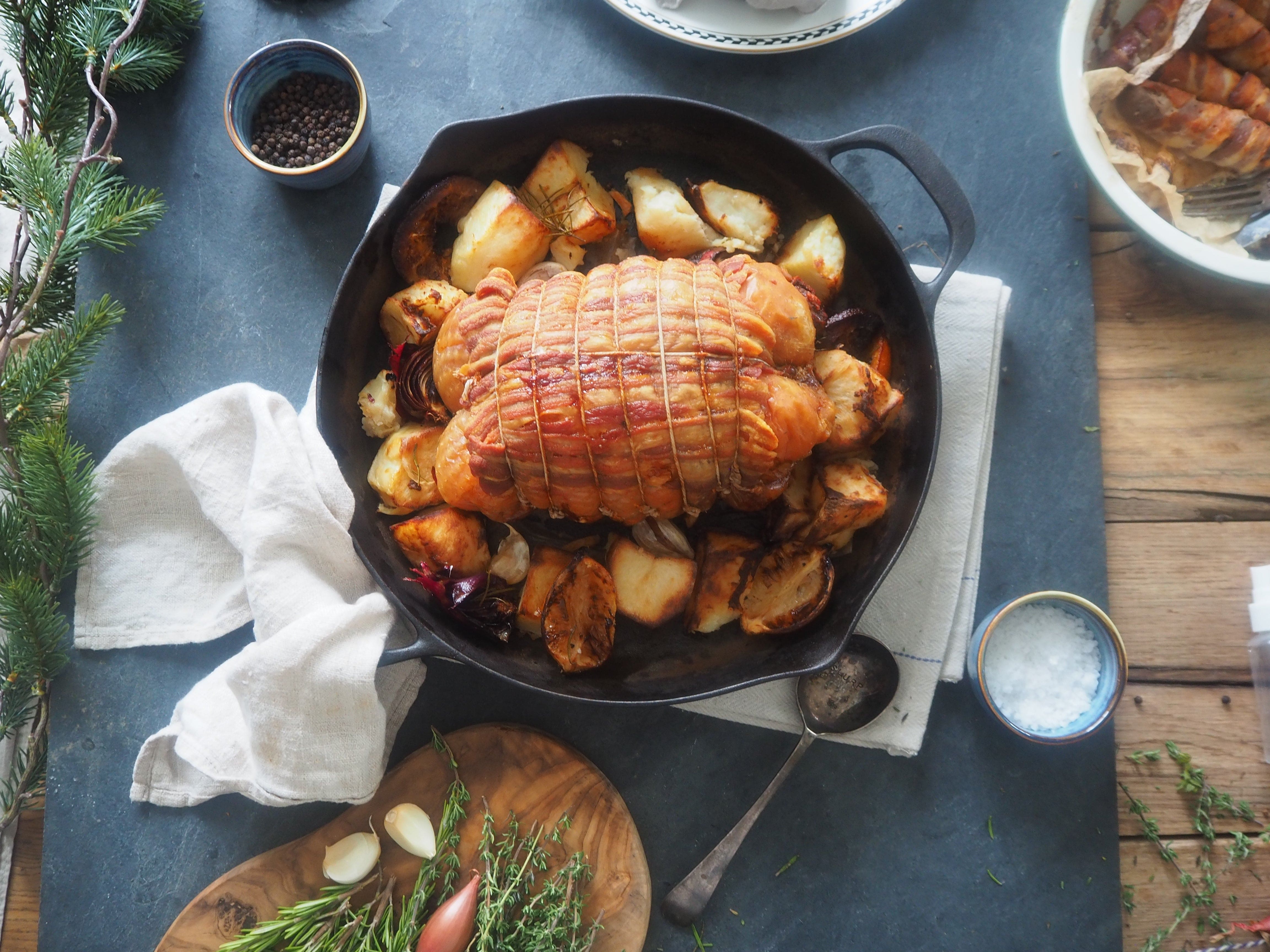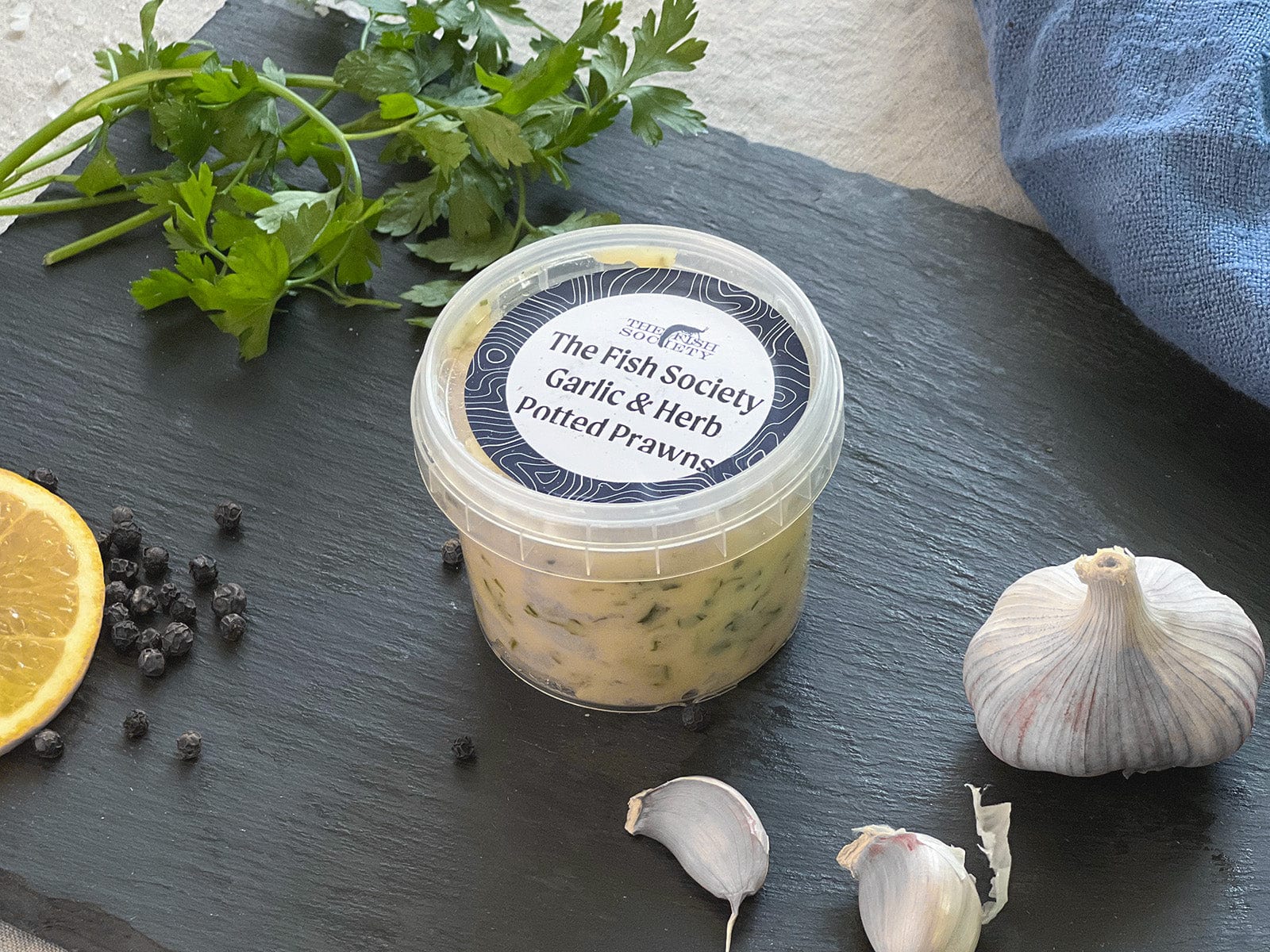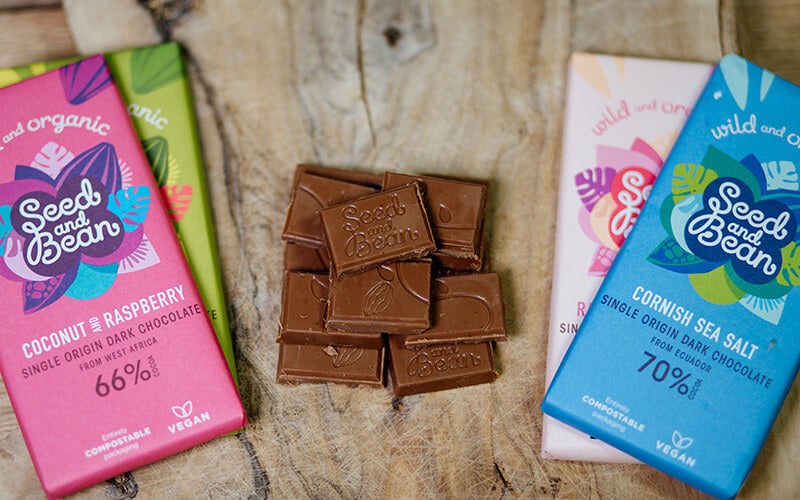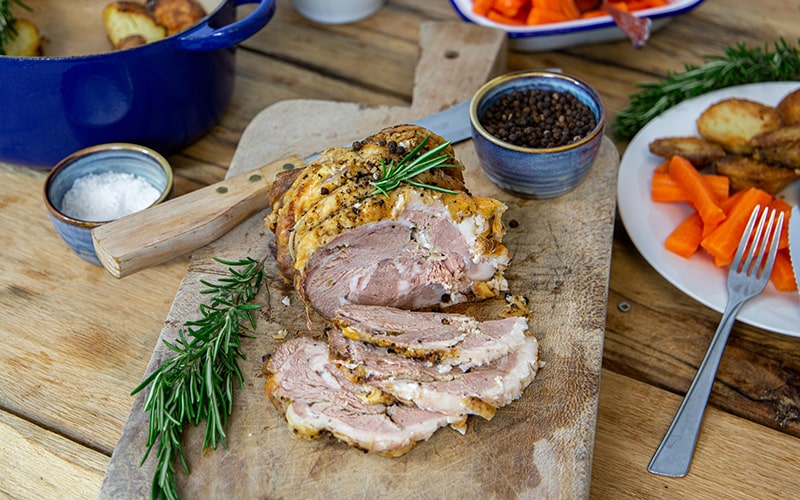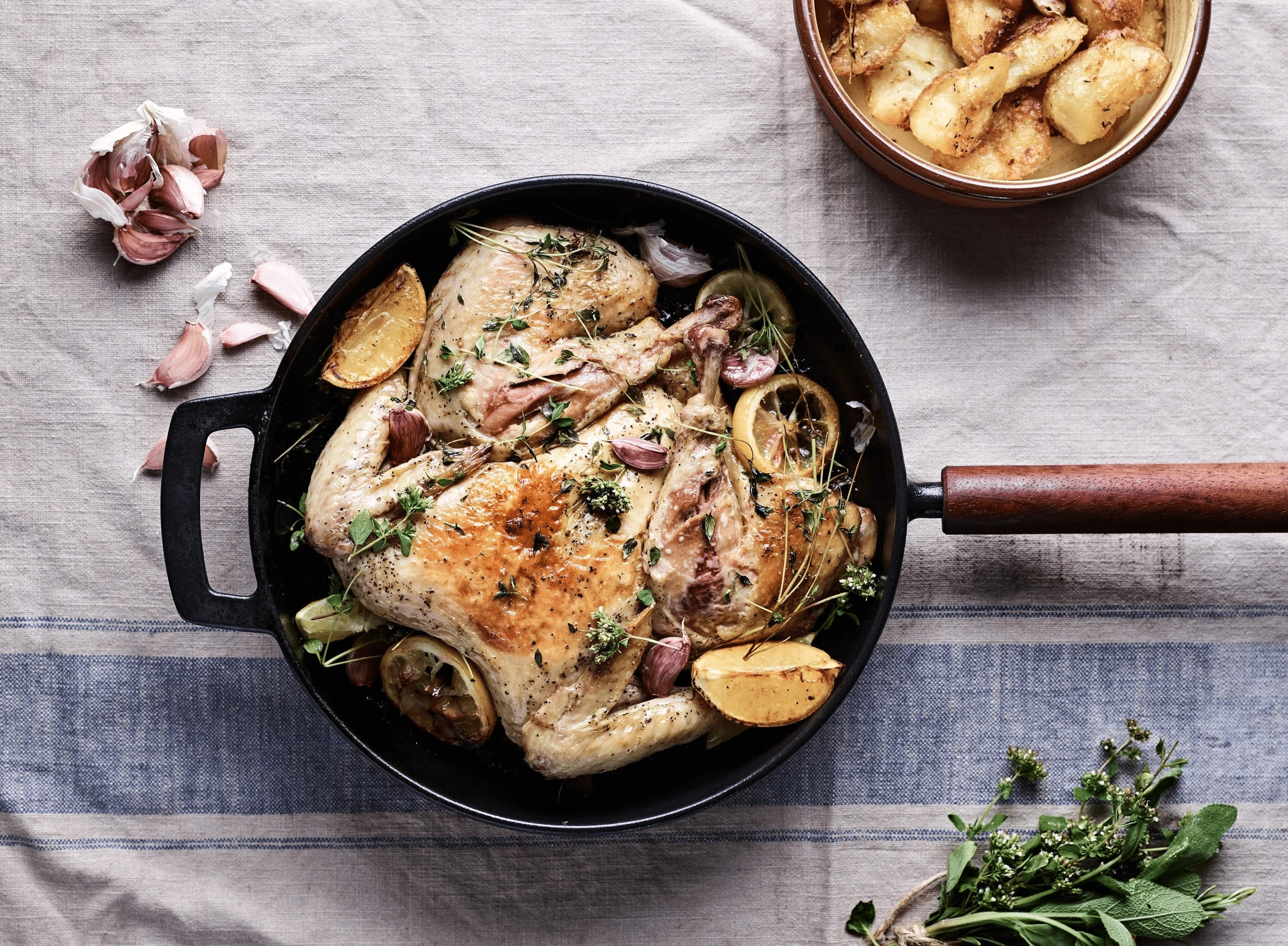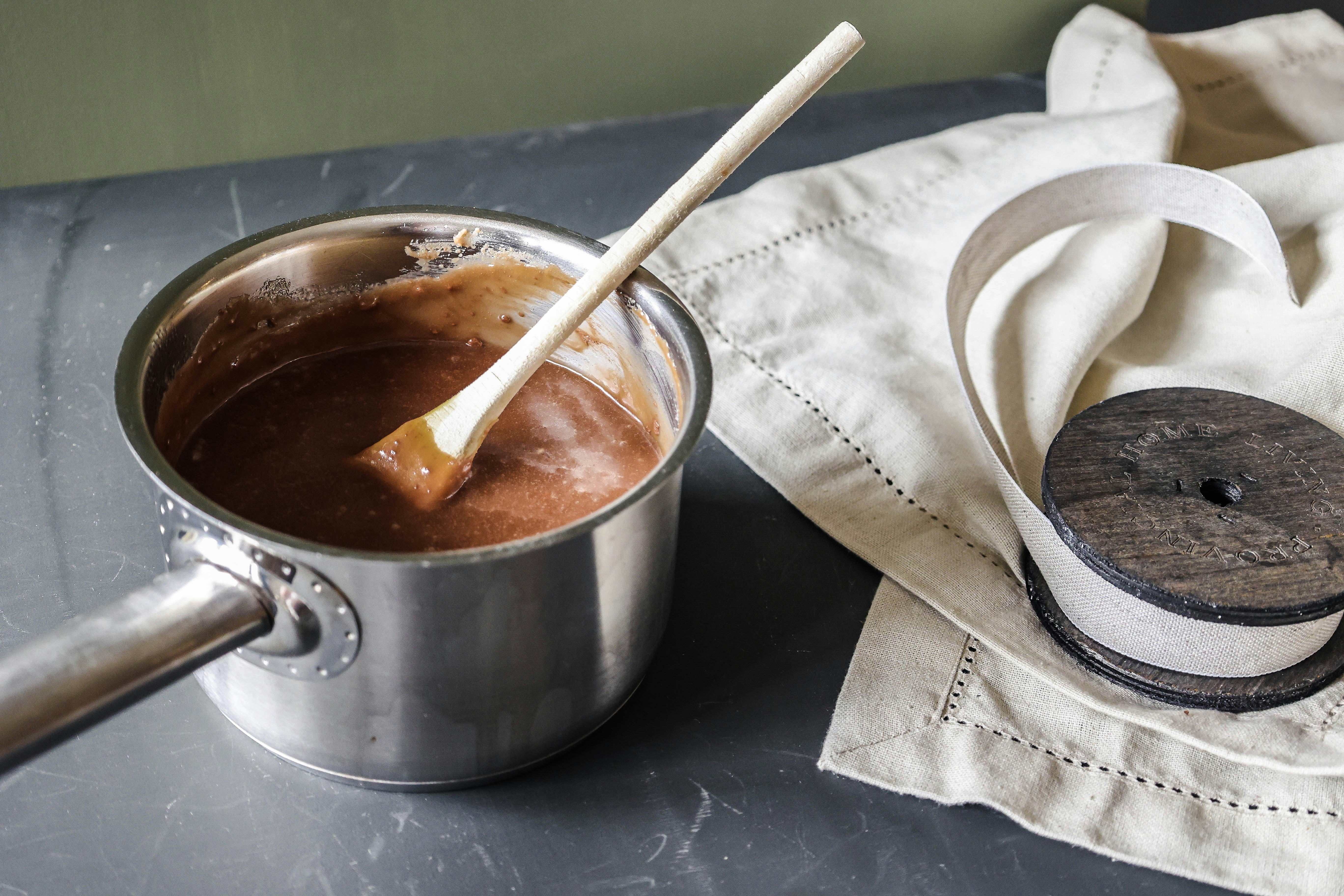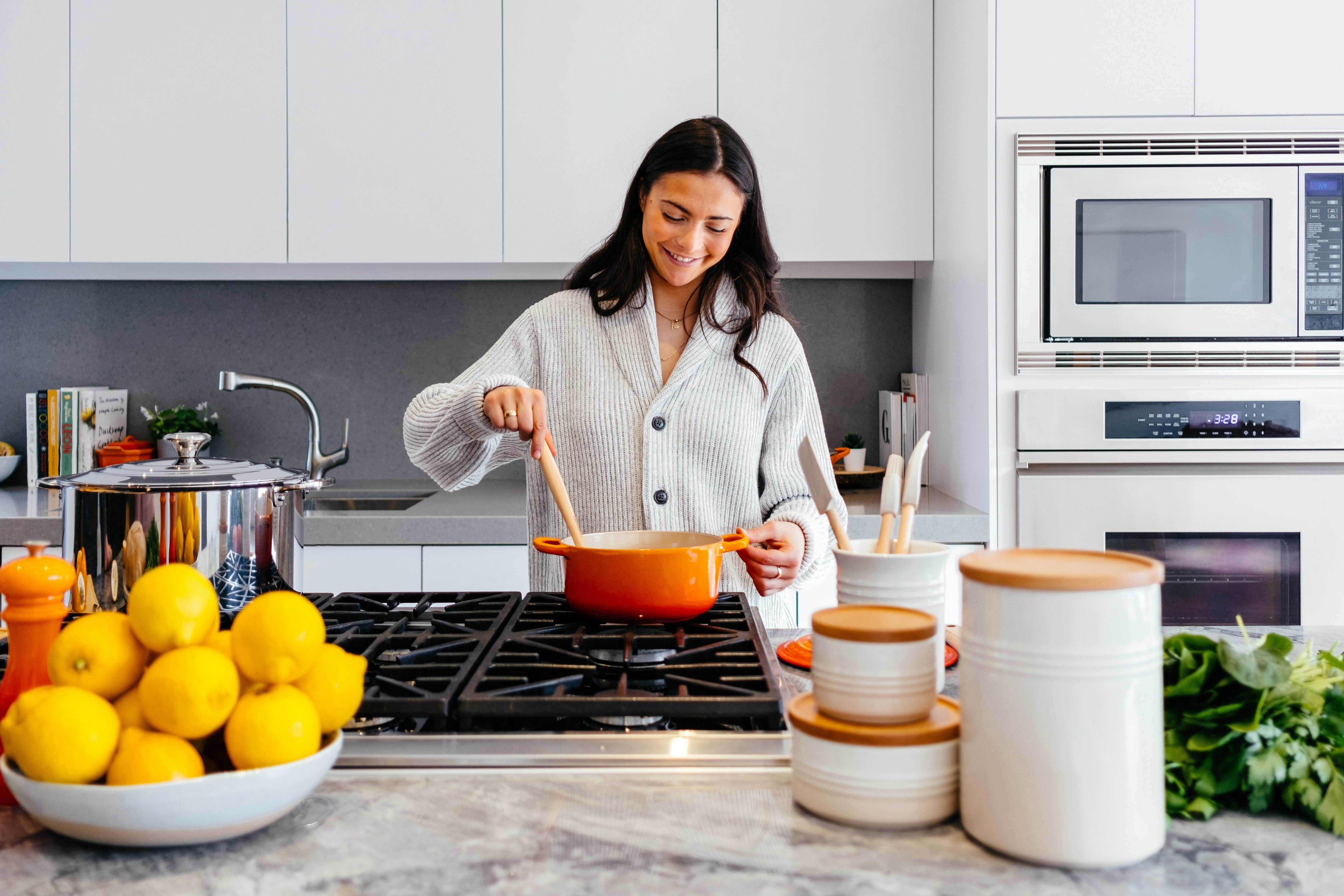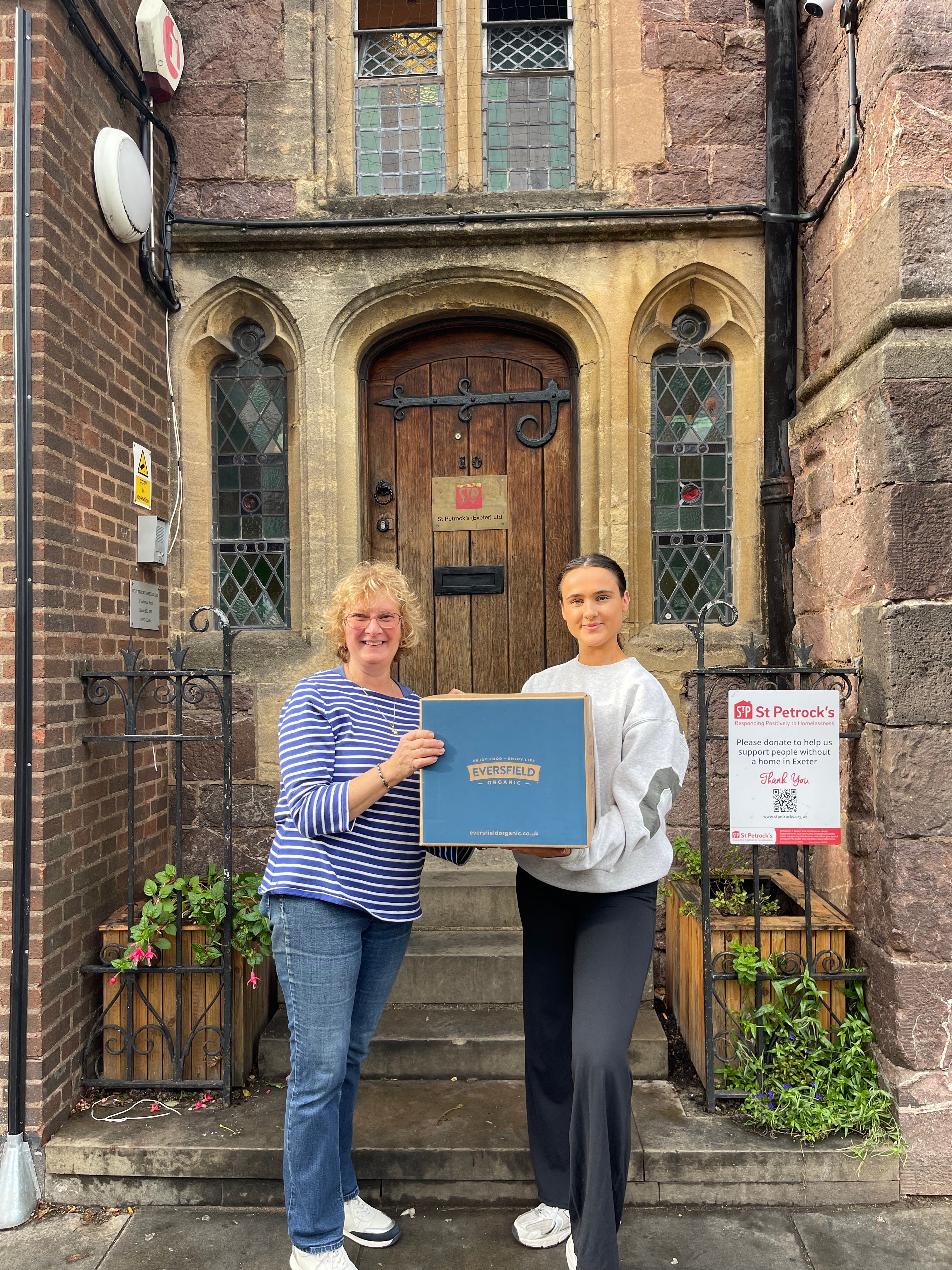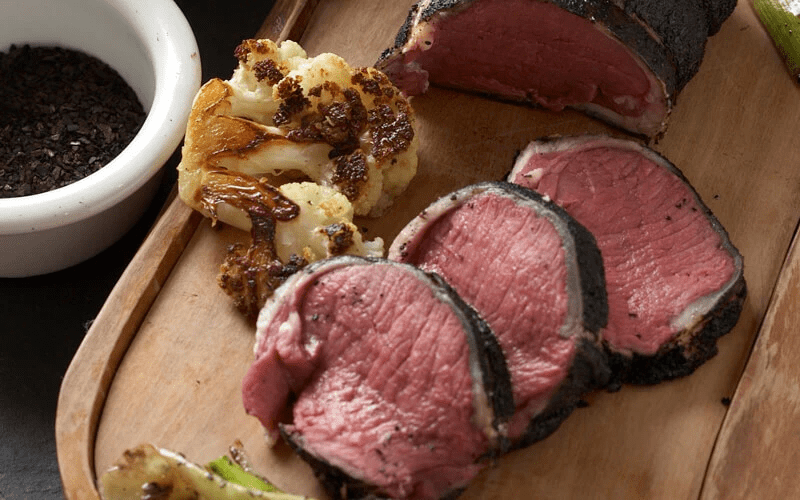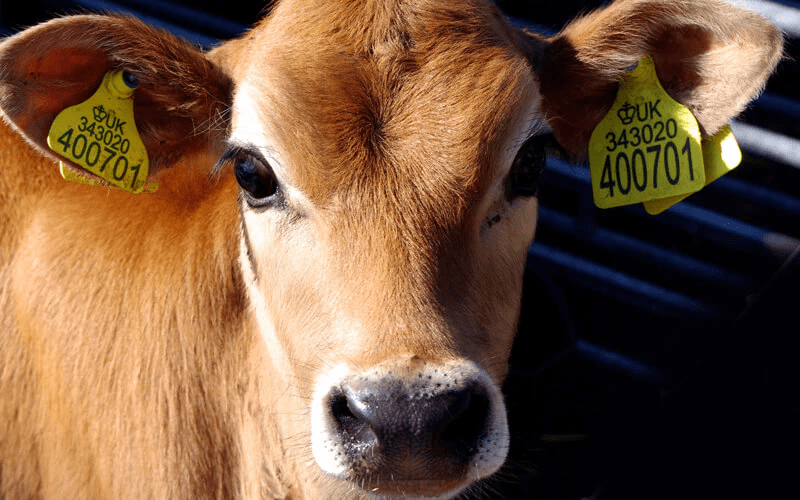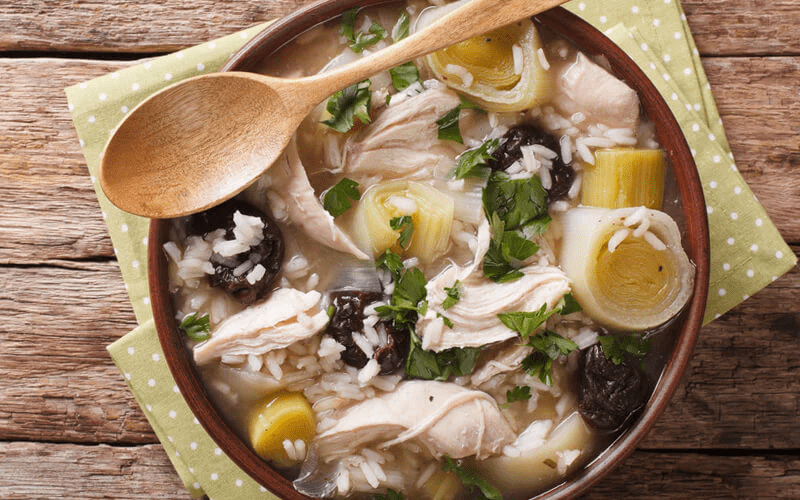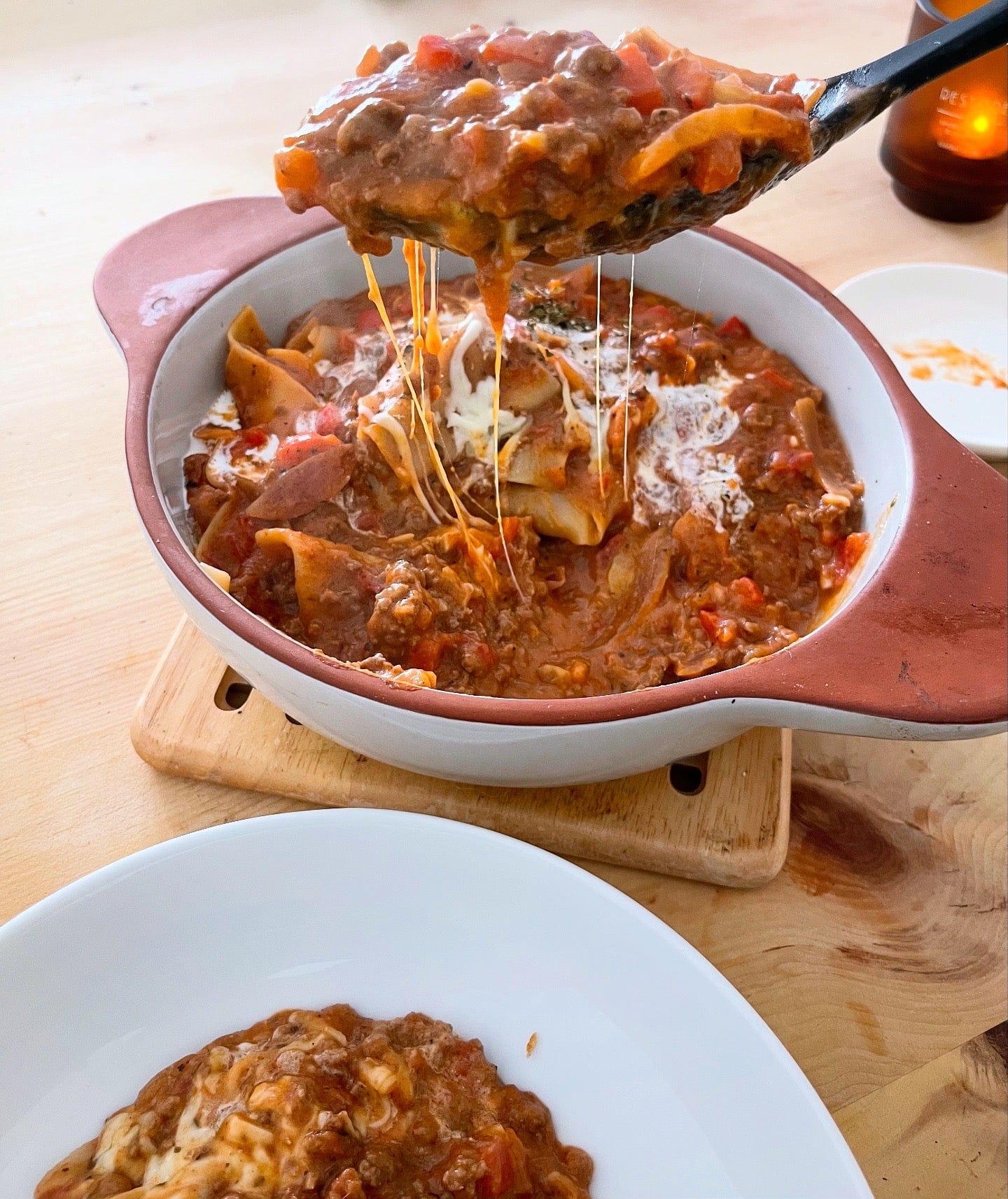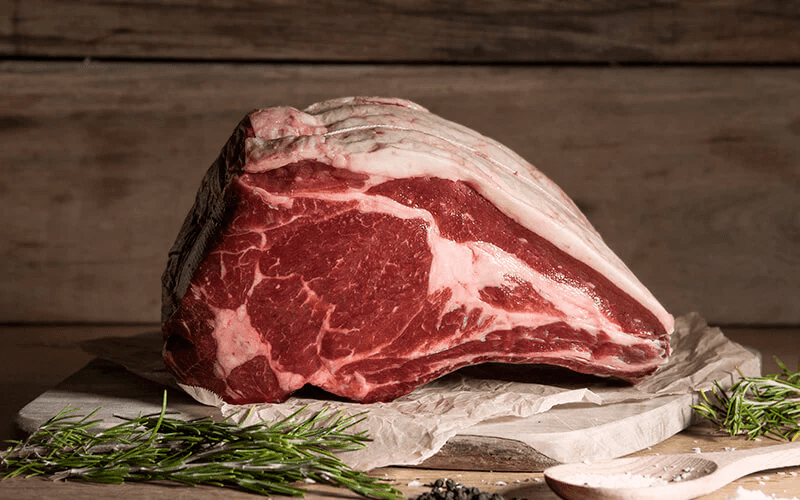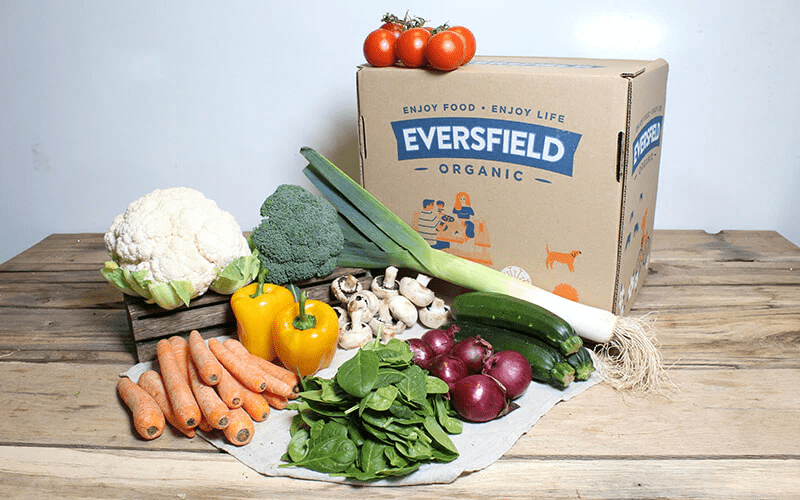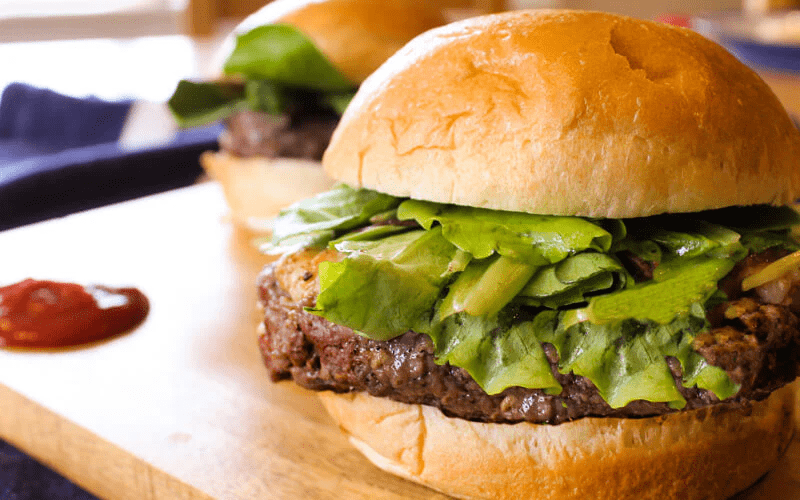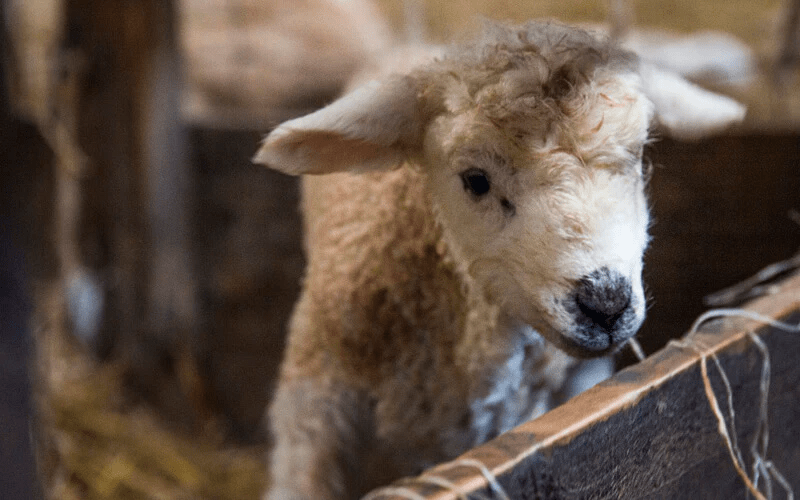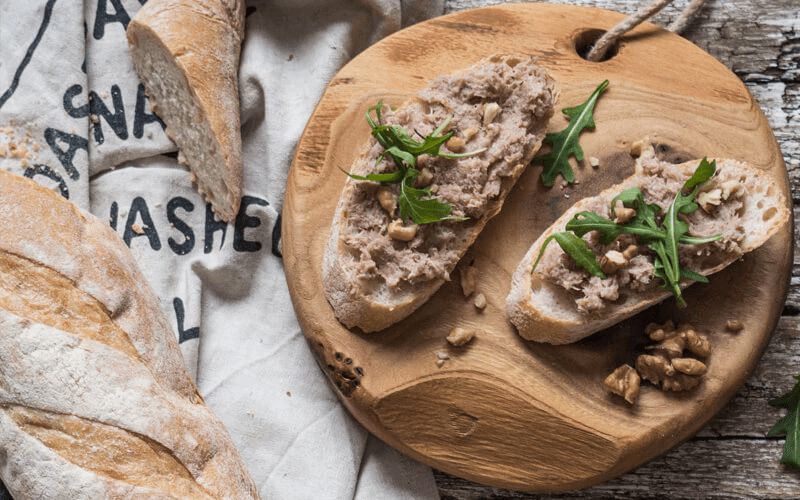English Wine Week 2021: What is Biodynamic Wine?
It’s not very often that we need an excuse to order an organic wine delivery, but English Wine Week 2021 presents the perfect opportunity. The celebration runs from Saturday 19th June – Sunday 27th June and with our growing selection of organic wines, we’re all on board. We love the idea of celebrating wine produced here on home soil and we’re delighted that we can help fulfil the campaign’s aim of delivering wine to wine lovers’ doors.
However, as much as we try to support local producers and we’re fully behind the notion of English Wine Week, we couldn’t help thinking about the bigger picture. The phrase “biodynamic” has been floating around in the organic wine industry for a while now, so we did a little digging to see what it was all about…
Biodynamic Basics
Biodynamic farming practices are not too dissimilar to organic farming practises in some respects. They avoid the use of artificial fertilisers and pesticides and use the rotation of livestock and natural fertiliser to keep their soils healthy. Biodynamic farming relies on organic minerals, fertile ground and composting to sustain their practises. Biodynamic farmers work to leave their land in a good condition or even improve it for future generations. Sound familiar?
The main differences start to appear when looking into the mindset behind biodynamic farms and vineyards. The Biodynamic Farming & Gardening Association define biodynamic farming as “a spiritual-ethical-ecological approach to agriculture, gardens, food production and nutrition.” Whilst organic farming methods can be backed up by science, some biodynamic practices are harder to prove. Biodynamic farmers view their land as one “living and breathing” organism, with the ecosystems functioning self-sufficiently. Each element of the land contributes to the success of the next in one lovely circular system. As nice as it sounds, this is where some scepticism kicks in as scientists have found it hard to prove this as efficient in terms of crop yields and land improvement.

How is Biodynamic Wine Made?
Biodynamic vineyards use the same principles as biodynamic farms in that the wine is made without the use of artificial chemicals, using organic minerals and composting waste to use as a natural fertiliser. Many biodynamic vineyards also use a planting or biodynamic calendar that can depend on Rudolf Steiner’s (the pioneer of biodynamic farming) philosophy, astrological configurations and is often split into four sections. Fruit days are so called because that’s when the harvesting is done, with leaf days for watering, root days for pruning and when flower days come, the farm is left alone.
Try it For Yourself
At Eversfield Organic, we have a few biodynamic wines available for you to add to your next organic food delivery. The Mitchlits’ family run biodynamic estate in Austria produces their crisp and dry Meinklang Prosa Frizzante lightly sparkling rose wine. The blend of Pinot Noir, St Laurent, Zweigelt and Blaufrankisch grapes create this wine’s ruby red appearance and makes it the perfect opener at your next dinner party.
Looking for something a little fancier? Jean-Pierre Fleury converted his family estate to biodynamic in 1992 and was the first champagne producer to do so. Pinot Noir grapes create a yeasty red fruit flavour that complements the light bubbles and a backbone of acidity in their Champagne Fleury Blanc de Noir Brut. You can also try this biodynamic champagne at the Eversfield Organic Dartmoor Inn, Merrivale and keep an eye out for it at our Totnes Café & Bar, re-launching soon!


